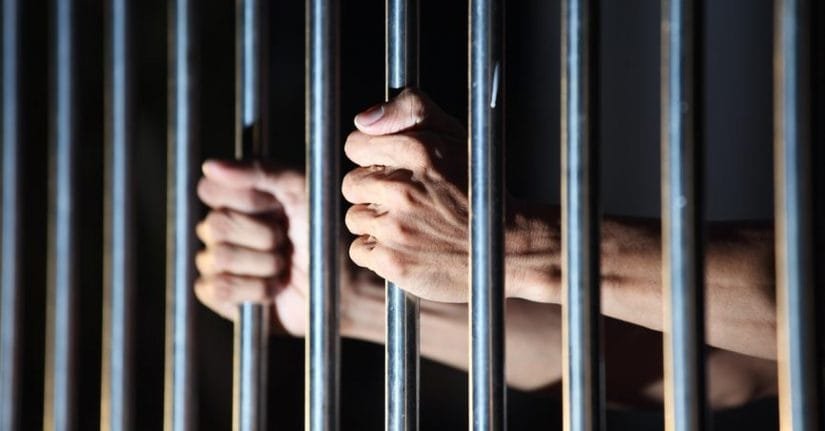Chandigarh, July 28: Punjab’s prisons are bursting at the seams with undertrial inmates, as more than 82 percent of prisoners remain behind bars awaiting the conclusion of their trials—many for years. Of the 36,846 inmates across the state’s jails, 30,339 are undertrials, data compiled till May 20 reveals.
Central Jail Ludhiana alone houses 3,489 undertrial prisoners out of a total 4,404 inmates. Other overcrowded facilities include Kapurthala (3,750 inmates) and Amritsar (2,953). In contrast, jails like Fazilka and Moga hold fewer than 100 prisoners, raising pressing questions about the allocation of prison resources across the state.
Men comprise the overwhelming majority of undertrials, with 28,817 male prisoners. However, the plight of the 1,520 women and two transgender undertrial inmates is equally dire. The Ludhiana women’s jail holds 226 undertrials alongside 69 convicts, while Bathinda accommodates female prisoners exclusively.
One of the core reasons for the backlog is the repeated failure of police officers—especially in Narcotic Drugs and Psychotropic Substances (NDPS) cases—to appear in court despite being summoned. The Punjab and Haryana High Court has described the pattern as “blatant disregard for judicial authority,” noting that trials are stalled due to the absence of key prosecution witnesses.
“What stares glaringly from the record is a clear pattern of neglect and indifference… despite repeated judicial orders,” the court observed. In a pointed remark, it added, “Absenteeism of prosecution witnesses in NDPS cases is no longer an aberration but has become the norm.”
The court also criticised the state’s contradictory stance on drug crimes: “The state cannot demonstrate complete laxity in prosecuting NDPS cases and, on the other hand, strenuously oppose bail… when the delay is solely due to its own failings.”
Courts have increasingly reiterated that prolonged undertrial detention violates Article 21 of the Constitution, which guarantees the right to life and personal liberty. Citing Supreme Court rulings such as Dataram Singh vs State of Uttar Pradesh and Satender Kumar Antil vs CBI, the high court has emphasised that “bail is the rule and jail is the exception.”
“When trials are unduly delayed, granting bail is not just an option but a right,” the court said in a recent order while granting bail in a drugs case. It added that keeping accused persons in custody without progress on trial amounts to unlawful punitive detention.
The Supreme Court, too, has noted that overcrowded prisons filled with undertrials reflect a colonial mindset. In Balwinder Singh vs State of Punjab, it affirmed, “An accused has a right to a fair trial… an inordinate delay would infringe the right under Article 21.”
To address the growing crisis, the Punjab State Legal Services Authority (PULSA) has launched Mission Mode Punjab to aid prisoners lacking legal representation. “This is not a one-time exercise,” said Justice Deepak Sibal, executive chairman of PULSA. “The process is continuous so that legal aid reaches prisoners who have long suffered in silence.”
So far, PULSA has identified 460 such cases and filed criminal appeals in 406. The authority has also introduced videoconferencing facilities for inmates to consult with legal aid lawyers, and launched Mission Parole Sahayata Abhiyan to assist eligible prisoners in applying for parole or challenging denials.
Legal experts argue that unless systemic issues—such as police witness absenteeism—are urgently addressed, the crisis will deepen. The high court has directed the Punjab DGP to enforce stricter discipline and submit regular compliance reports to monitor police appearances.
Quoting Oscar Wilde’s The Ballad of Reading Gaol, the court concluded with a grim reminder: “All that we know who be in jail, Is that the wall is strong; And that each day is like a year, A year whose days are long.”
For over 30,000 undertrials still waiting for their day in court, those words ring with a truth too painful to ignore. The path ahead, experts say, lies not in building more prisons, but in building a faster, more accountable system of justice.

